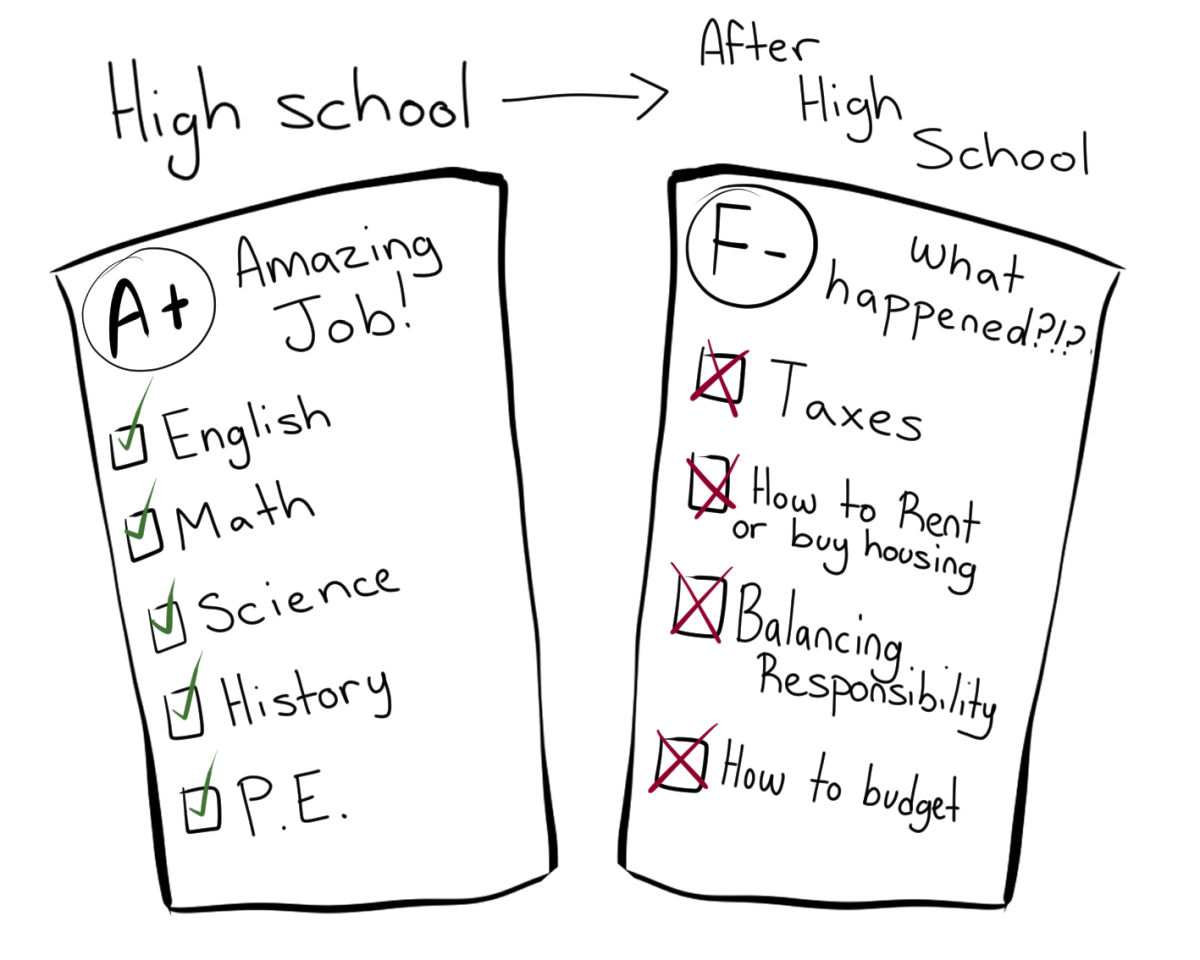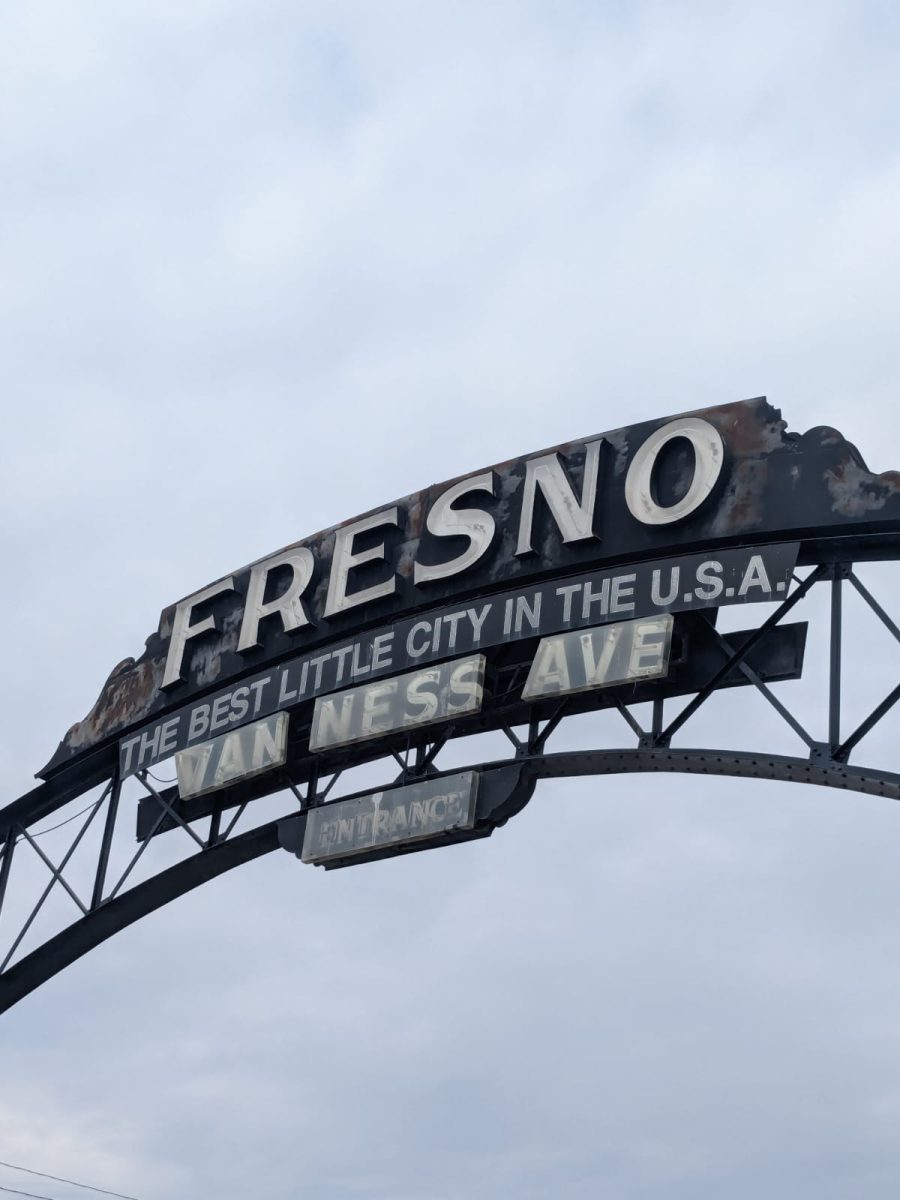Ever thought like a thief?
It’s simple enough for most people to understand a thief’s mind – when thieves find something they want, but are not in the mood to buy, they find an alternative, illegal means to acquire it. This is the motivation for countless people worldwide – primarily, internet users that know where to look.
Enter the world of peer-to-peer file transfer. Users upload files called torrents to a tracker website. Other users visit the website and download the torrent file. By opening that file in a program such as uTorrent or Azureus, users connect to seeders (people that have all the files and upload them) and peers (people that have some files, but upload what they do have and download what they don’t at the same time.) The torrent file tells this program what files to find from seeders and peers, and downloads them.
If you can’t tell, this is highly illegal, but as a frequent flyer on the Internet, I can definitely understand the allure. Let’s say you need some software for your class but you don’t have the budget for it. For example, a digital copy of the Adobe CS4 Master Collection (all of Adobe’s latest official software such as Photoshop and InDesign) is about eight gigabytes worth of data. The average user can download it in three to five days.
With a few clicks of the mouse and some patience, someone has stolen a re-useable copy of this software (which Adobe prices at a hefty $2,499 in the United States.)
How big of a deal is this? Well, think of it this way: in less than a week anyone can freely acquire $2500 worth of software at no cost to them, and freely distribute it. Maybe you’ve had to pay $2500 for some things before; I’d be willing to bet that it wasn’t a single DVD with programs on it. $2500 is more than what my best friend in high school paid for his car. As far as material value is concerned, even if the user doesn’t sell the software, they’ve made a huge profit, and almost any program, movie, music, videogame and TV show can be stolen this way.
The only hassle involved is copy protection – security built into the data that stops the files from working if it was pirated. Normally it involves a serial number that has to be submitted, which are unique to each purchase. Pirates therefore develop their own software to get around such measures in the form of a serial key generator (keygen) or a copy of the executable file that’s been altered to bypass the copy protection (called a crack.) When you need to break the rules (or in this case, laws) it’s just a matter of knowing where to look.
I’ve talked to a lot of people on the subject, all heavily involved with P2P. They have stolen more electronically than I can fathom. Talk to anyone with a decent internet connection; it’s a good bet that they, their friends, or even their neighbors (using an unsecured wireless connection) are pirates.
Tracker websites such as The Pirate Bay, IsoHunt and Demonoid keep statistics for their registered users, who have uploaded torrents and seed the files – thereby helping millions of others steal the data in question. Some users have uploaded as much as 10 terabytes in the past few years. That number may not seem like much, but consider that the typical computer at Fresno City College has roughly 75 gigabytes of hard drive space. One terabyte holds just over a thousand gigabytes – about 13 times the space. Ten terabytes can contain 130 of the computers on campus.
In the past, according to Reuters, most of the internet traffic in China has come from piracy. If a single user in the United States has uploaded 10 terabytes in the past couple years, what volume of pirated data comes from China, where it’s much more common? If 0.1 percent of China’s population was pirates (roughly 1.3 million people as of 2008) and a typical user consistently downloading files gets 500 gigabytes annually, then they’d be sharing 600-700 terabytes of data a year. That’s just over one hundred and thirty one thousand copies of Adobe CS4 Master, totaling $327,548,928 worth of software. I could retire right now with that kind of money. See the appeal yet?
It’s crime, but for as widespread as it is, it seems like there’s almost no risk for potentially incredible reward. How often do you hear of someone being busted for piracy? Never, right?
Piracy is the perfect example of how anything you want is at your fingertips through the Internet. It’s a big controversy, but everybody can (and likely does) download things without paying for them. As the internet grows, so do the options and I can see piracy growing steadily over time… no matter how businesses try to stop it.






